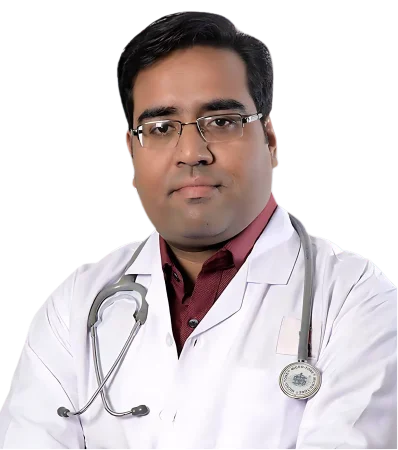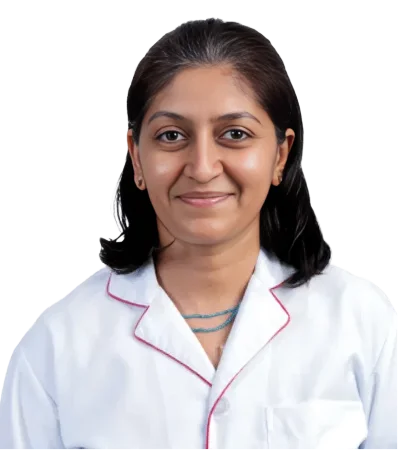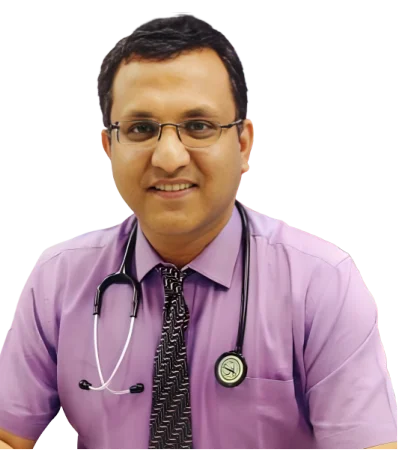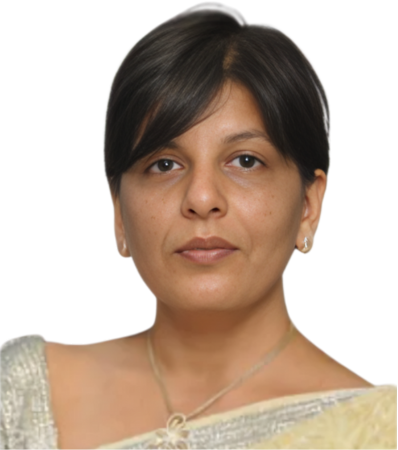Cleft Lip and Palate Repair Surgery
Improved Speech, Feeding, and Facial Harmony
Cleft lip and palate repair is among the more prevalent facial deformities that can be caused by genetics, which affect the roof and lip of mouth. These issues can cause problems in speech development, feeding hearing, and dental health. The Chirayu Super Speciality Hospital is a specialist in dental health. We are specialized in Cleft lip and palate repair procedures, providing modern treatments that improve appearance and function. Our skilled team of speech therapists, surgeons and other support personnel collaborate to offer comprehensive medical care that ensures the highest results to our clients.
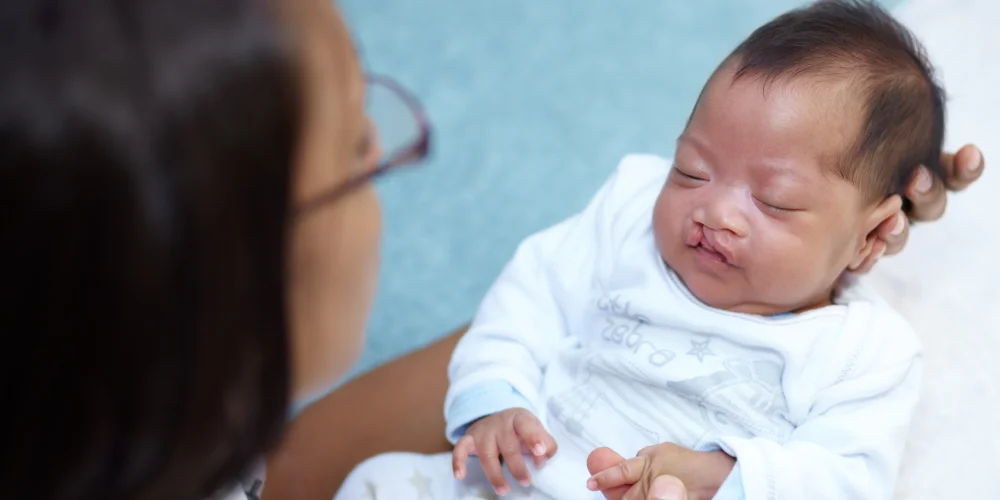
What is Cleft Lip and Palate Repair?
Cleft lip and palate repair is surgical procedure used to fix congenital defects in which there is an opening or a fracture within the lip’s upper part, and/or the palate’s roof (palate). These surgeries are important not just for aesthetic reasons but also to improve functional aspects such as the proper feeding and speech development, as well as hearing. The procedure involves carefully closing the gap between the lip or palate by with specialized techniques that maintain normal development and function as the child develops.
Who Performs Your Surgery?
Our repair of clefts, lisps and palates are performed with highly experienced plastic surgeons and reconstructive specialists, who have vast experience in treating children with facial deformities. They are assisted by a multidisciplinary group, comprising pediatricians, orthodontists audiologists and speech therapists providing a complete approach to treatment. Our experts employ cutting-edge methods to deliver the highest results in both cosmetic and functional aspects and focus on the overall health of the child and well-being.
Types of Cleft Lip and Palate Repair Surgeries
- Cleft lip repair (Cheiloplasty) : Performed at a time when the child is three months old. This operation seeks to fill the gap between the lips by realigning the muscles and give a natural look to the nose and lip.
- Cleft Palaate Repair (Palatoplasty) : Typically performed between 9-12 months old. This procedure is used to close the gap between the palate. This aids in the normal development of speech and stops liquids and food from entering the nasal space.
- Alveolar Bone Grafting : This procedure is done at a time when a child is 7 and 9 years old. The goal is to provide support for teeth and to stabilize the upper jaw.
- Speech surgery : Additional procedures may be needed to improve speech when speech issues persist following initial cleft-palate repair.
- Revision surgery : Revision surgery is performed to enhance the look of lips and nose, or to solve any functional issues that might develop as the child gets older.
Symptoms Indicating the Need for Cleft Lip and Palate Repair
- A visible gap or opening appears in the roof or upper lip or mouth.
- Sucking and feeding difficulties.
- Nasal-sounding speech.
- A frequent ear infection and hearing issues.
- Dental problems, like missing teeth, misaligned teeth or extra teeth.
- Challenges in proper speech development.
Diagnosis for Cleft Lip and Palate
Cleft lip and palate repair are usually detected during birth by physical exam. Ultrasounds for prenatal babies can detect the presence of these defects during the course of pregnancy. After the diagnosis, an extensive assessment is carried out to determine the best course the treatment plan, which may include testing speech development, feeding and the health of the ear. Imaging tests like Xrays or CT scans are a good way to assess the extent of the cleft as well as plan the surgical treatment.
Treatment Process
The process of treatment begins by a thorough evaluation and a customized care plan designed by the multidisciplinary team. Initial surgeries to fix the cleft lip usually done within the first few months of life. They are and then palate repairs are performed prior to the baby’s first birthday. Continuous evaluations are performed to assess speech development hearing, development, and the health of teeth. Surgery may be required to improve appearance and function as the child develops. After surgery, children might require orthodontic and speech therapy treatment to help support normal growth.
Care and Recovery After Surgery
The recovery process following cleft lip and palate repair requires constant monitoring and assistance. Initially, the child might feel some discomfort, swelling and difficulties eating that can be treated with pain relief and eating adjustments. Parents are given information on wound care as well as feeding methods, and are able to monitor for indications of an infection. The need for follow-up visits is essential to ensure that healing is complete and to address any issues. The long-term treatment may include dental treatments, and further operations if necessary. Psychological and emotional support is also offered to the child and their family throughout the process of recovery.
Advantages of Choosing Our Surgery Services
Experienced Surgical Team
Our surgeons specialize in cleft repair and use advanced techniques to achieve the best cosmetic and functional outcomes.
Holistic Care Approach
We provide comprehensive support, including speech therapy, dental care, and psychological counseling, to ensure complete recovery and well-being.
Personalized Treatment Plans
Each child receives a customized care plan tailored to their specific needs, promoting optimal development and quality of life.
What Our Patients Say
Read about our patients positive experiences and how Chirayu Super Speciality Hospital has positively impacted their health and well-being.


We are grateful for the expert care our child received at Chirayu. The surgery was successful, and the follow-up support was fantastic.


The cleft repair surgery at Chirayu improved our child’s quality of life. The whole team was professional and caring.


Cleft lip repair at Chirayu was life-changing for our family. Our child now smiles with confidence, thanks to their amazing team.


Chirayu cleft lip repair surgery transformed our baby’s smile. We are grateful for their expert care and compassionate support.
Meet Our Medical Specialists
"Our team of specialists offers expert care and personalized treatment for cleft lip and palate, ensuring the best outcomes. "
Frequently Asked Questions
Here, we provide answers to some of the most commonly asked questions to help you better understand about our surgery services. If you have any additional questions, please do not hesitate to contact us.
Cleft lip repair usually takes 1-2 hours, and cleft palate repair can take 2-3 hours, depending on the complexity.
Risks include bleeding, infection, and scarring. Our experienced team minimizes these risks with careful surgical planning and post-operative care.
Some children may require additional surgeries for speech improvement, dental issues, or aesthetic enhancements as they grow.
Cleft lip repair is typically done between 3-6 months of age, while cleft palate repair is usually performed between 9-12 months.
Feeding can typically resume within a few hours after surgery, with modified feeding techniques as advised by the surgeon.
